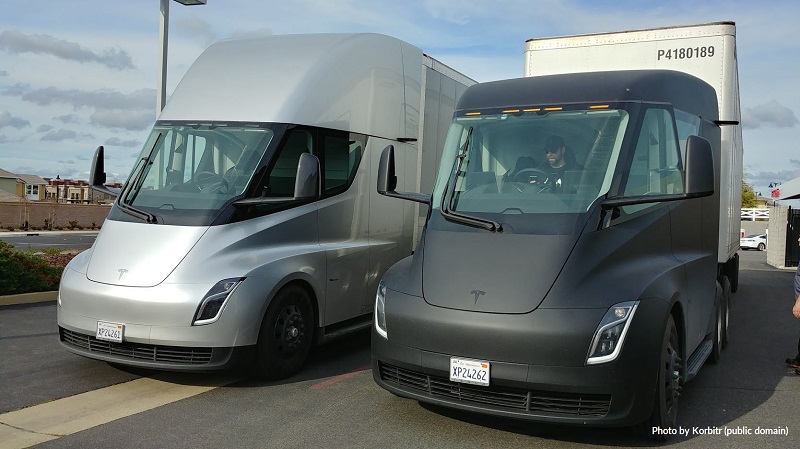By Juan Pablo Quintero
Stanback Digital Marketing & Communications Fellow
Two years ago, Gov. Roy Cooper joined 15 other states and the District of Columbia in an agreement to promote adoption of zero-emission vehicles (ZEVs), specifically committing to transitioning away from polluting trucks and buses to cleaner-driving heavy-duty vehicles.
 We celebrated this move because North Carolina needs to clean up its transportation sector as soon as possible to cut carbon emissions, create jobs, reduce harmful air pollution, and achieve the state’s climate change-fighting goals set out in Governor Cooper’s executive orders on clean energy.
We celebrated this move because North Carolina needs to clean up its transportation sector as soon as possible to cut carbon emissions, create jobs, reduce harmful air pollution, and achieve the state’s climate change-fighting goals set out in Governor Cooper’s executive orders on clean energy.
As power plants transition away from dirty fuels such as coal to renewable energy sources, that means powering our transportation with electricity becomes cleaner, too.
But North Carolina still needs to take action by adopting rules that will move us down the road to electrifying larger vehicles.
The 2020 agreement commits North Carolina to electrifying 30% of all new medium- and heavy-duty vehicles (MHDVs) - including heavy-duty trucks, vans, and buses - sold in the state by 2030, ramping up to 100% by 2050.
Electrifying heavy duty vehicles is particularly important for cutting transportation emissions, as trucks and buses account for a proportionally larger share of emissions compared to passenger cars. As the N.C. Sierra Club and our allies wrote recently to Governor Cooper, adopting the Advanced Clean Truck Rule (ACT) is the next step for North Carolina to follow through on his’s ZEV commitments.
The Clean Trucks rule requires manufacturers to produce zero-emission trucks beginning in 2024, with increasing production targets through 2035. Implementing this rule would increase the availability of zero-emission truck models and boost innovation in heavy-duty EVs.
It's not just the environment that will benefit. RTI International estimates that clean transportation policies like ACT will have net benefits of $25 billion to $53 billion for North Carolina's economy over 25 years.
The N.C. Sierra Club is fully behind the state’s work on electrifying transportation. We support Cooper’s executive order committing to 1.25 million consumer ZEVs on the road by 2030. We support using funds from the Volkswagen emissions settlement and federal clean transportation funds to build out new EV infrastructure across the state. And we are prioritizing addressing the environmental justice implications of greenhouse gas emissions, including from transportation.
Now it's time for North Carolina to join other states in the 2020 agreement by acting on the ACT rule. We encourage the Division of Air Quality (part of the Department of Environmental Quality) to begin the rulemaking process immediately to keep us moving toward our goal of being the Green Roads State.